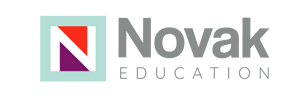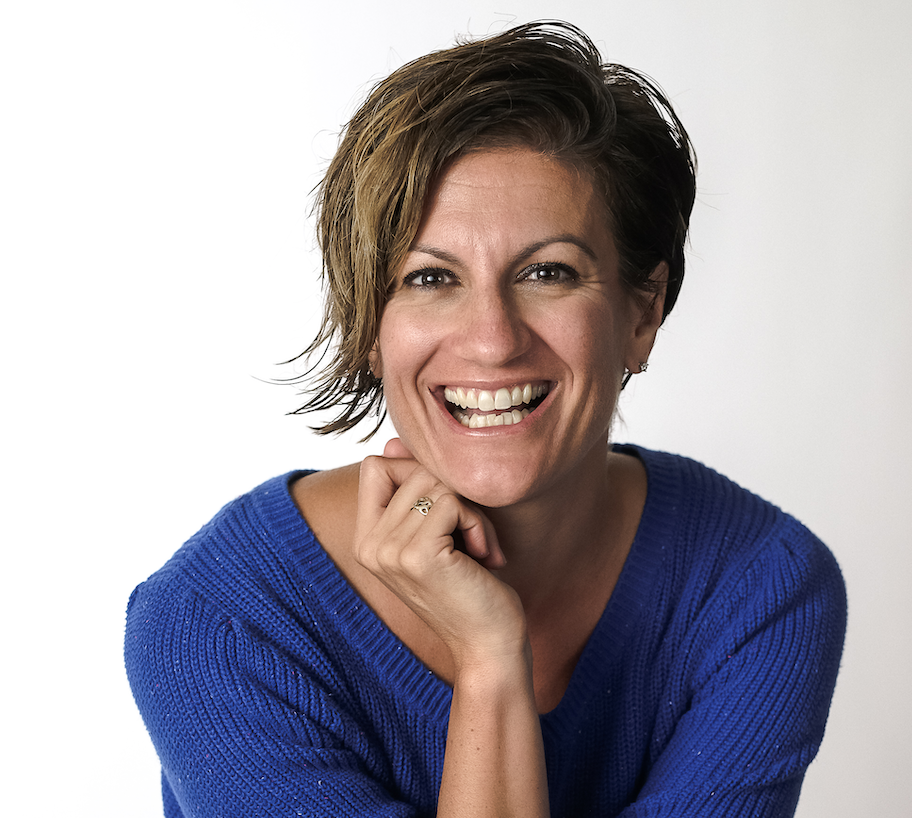Practice Doesn't Make Perfect. It Makes Progress.
There is an old adage, “practice makes perfect.” I have heard that from countless professionals and coaches, and you know what? They were lying. I haven't achieved perfection in anything, regardless of how much I persisted. It is probably more accurate to say that practice makes progress, and I believe that wholeheartedly. But I want to add something to the mix. It’s not enough to practice and persist. You also have to monitor progress; otherwise, it can feel a little like you’re working way too hard and not getting results. And there is nothing more frustrating than that.
As the Greek myth of Sisyphus goes, Sisyphus ticked off Zeus, and his punishment was to roll a boulder up a hill for all eternity. Regardless of how much he practiced and pushed, that boulder rolled back down. This endless cycle can feel familiar to educators grappling with the evolving demands of Universal Design for Learning (UDL). The rapid pace of change in educational strategies can leave many feeling like they are constantly falling short, searching for quick solutions, and feeling demoralized by their perceived lack of progress. The key message here is about continual improvement in our practice of UDL. Reflecting on and practicing UDL may not lead us to perfect execution where every learner is making accelerated progress. However, our commitment to getting as close as possible is what needs to drive us. We owe it to our students to grow and evolve to give them the best opportunity for success. Every step, regardless of how small, brings us closer to meeting the diverse needs of all learners.
Make Time for Reflection: In the context of practicing UDL, it's crucial to shift the focus from merely achieving predefined outcomes (i.e., "doing UDL") to embracing the learning process. This involves prioritizing self-awareness and skill development. Integrating structured reflection into your routine is a great way to support this. Consider keeping a learning journal, similar to a gratitude journal, where you document what you learned, what you unlearned, and how you grew. This approach is not just beneficial for educators but also learners. Regularly reviewing and reflecting on progress helps identify improvement areas and celebrate small victories.
Redefine Success: Let's rethink our approach to success. It's not a sprint to a distant finish line; it's more like an ultra marathon with meaningful checkpoints. Just like a runner might need a water station to pause and reset, we, too, need to set attainable, short-term goals for ourselves and our learners. This is especially true when implementing Universal Design for Learning (UDL). Don't aim to overhaul every lesson immediately. Instead, start by collaborating with your Professional Learning Community (PLC) every week. Use these sessions to identify and minimize one specific barrier in your lesson design. These smaller, focused objectives break down the journey into manageable segments, making the goal of universally designed practice less overwhelming. Regular feedback sessions are our checkpoints, where we assess progress and adjust strategies with our colleagues, ensuring continuous growth. Each step, no matter how small, is crucial to our journey toward inclusive and effective teaching.
Practice does not lead to perfection, but it does lead to progress. By monitoring our progress, shifting our mindset to embrace a learning mindset, and valuing the process of growth itself, we can continue to grow and improve. So, keep practicing, keep persisting, and most importantly, keep going.
Below are a few of my favorite resources to monitor progress:
- This is a great tool that we created to help monitor UDL Implementation
- Use these templates and strategies to empower student-led progress updates
- Help your students create a consistent self-assessment practice by introducing this student self-assessment form
- Use the observation form as a tool to evaluate oneself and/or the progression progress of your team - 10 Focus Areas for UDL Observations + Observation Form



